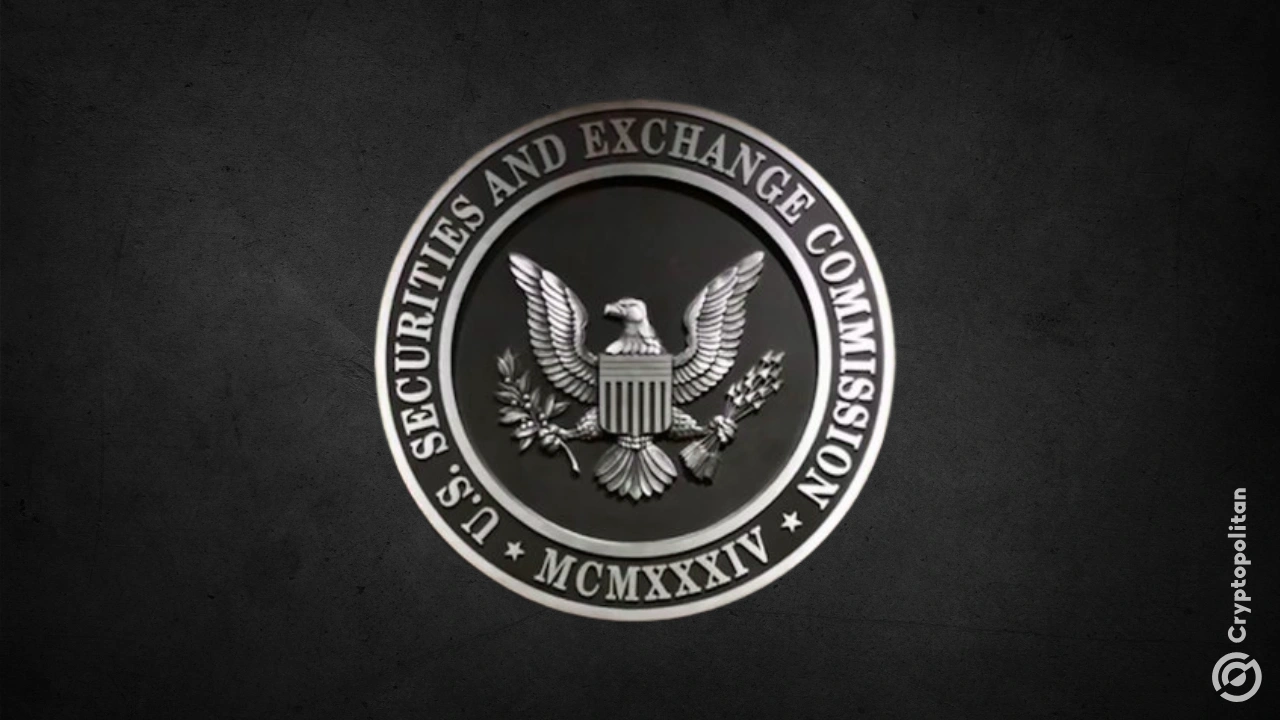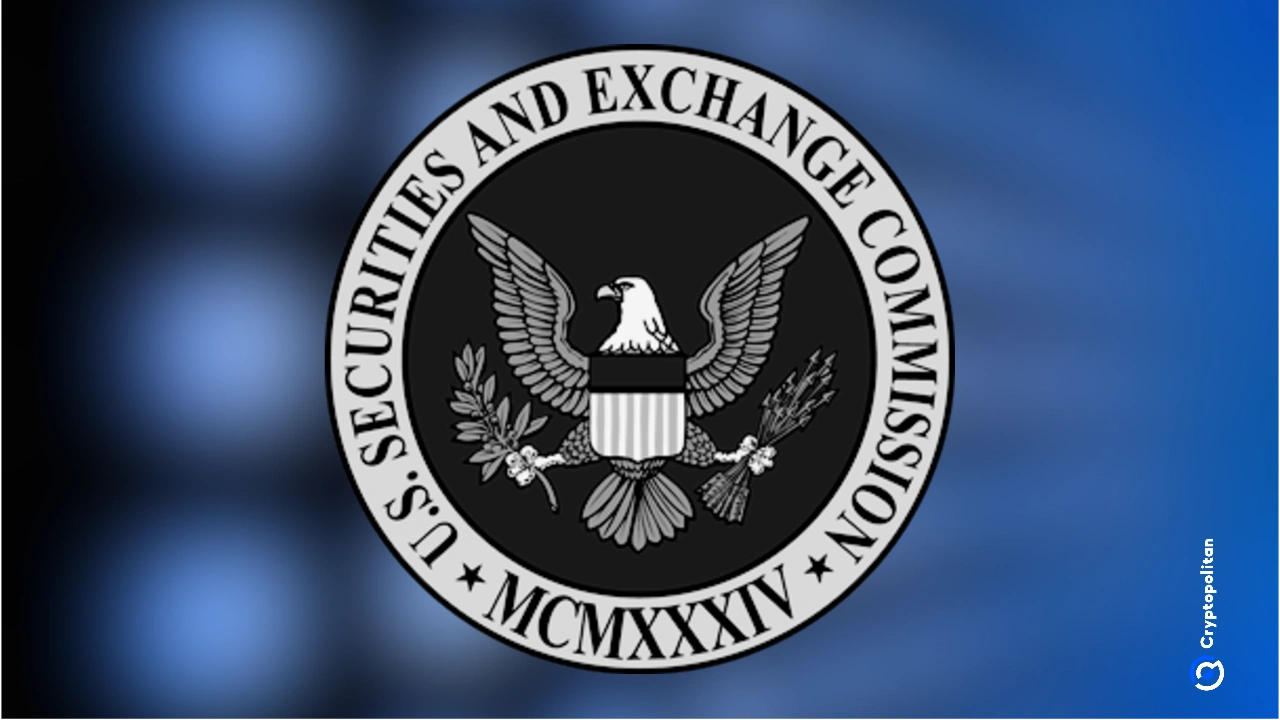author:Blockchain Knight
On April 10, the U.S. Securities and Exchange Commission (SEC) Finance Department released a new employee perspective outlining how the federal securities laws apply to the registration and issuance of Crypto-related securities.
The statement covers a range of topics including how a company should present information on its business operations, token design, governance, technical specifications and financial reporting.
While the document does not have new regulations, it reflects current expectations of SEC staff about how companies should prepare their filings. This also shows that the SEC has adopted a more open attitude towards Crypto regulation under the new leadership.
Provide clearer guidance to registrants
The guidance focuses on filings filed under the Securities Act of 1933 and the Securities Exchange Act of 1934, aiming to assist in participating in token issuance or platform entities built on blockchain infrastructure.
These filings may include registration forms such as Form S-1 for public offerings, Form 10 for reporting companies, Form 20-F for foreign issuers, and Form 1-A for Regulation A waiver.
The company should clearly outline its revenue strategy, project milestones, and the technical framework behind any related digital assets. If a Crypto asset has specific features in the business, such as supporting transactions, governance, or accessing services, the information must be described in plain language.
The SEC also expects these descriptions to be consistent with what is shared in promotional materials such as white papers and developer documentation.
If development is still in progress, the statement recommends that the company outline key milestones, expected timelines, funding sources, and any role the token or network will play after it is launched.
This includes explanations of consensus mechanisms, transaction fees, and whether the network uses open source or proprietary software.
Disclosure requirements
The SEC also lists expectations for investment risk disclosure, including token volatility, liquidity restrictions, legal classification and security breaches.
For example, if a company's business model relies on third-party blockchains or other external networks, these dependencies should be described. The same applies to any arrangement with the market maker or trustee.
The issuer must disclose whether the token has a voting right, a profit sharing mechanism or a redemption procedure, and how these rights are communicated or modified. The document also requires detailed information on how tokens are created, whether supply is fixed, and whether vesting or lockdown periods are applicable.
If a smart contract controls token behavior, the code must be submitted as an attachment and any updates to it should be reflected in future revisions. In addition, the company must describe how token ownership is tracked, the tools required to transfer assets, and any fees associated with these transfers.
Companies must also disclose information about leadership and key personnel, including individuals or entities that may play a central role in decision-making but do not hold formal titles. For trust or exchange-traded products, the disclosure should include information about the promoters and their managers.
Financial disclosures must follow established accounting standards, and the SEC encourages companies facing new reporting situations to consult their chief accountant office.
Although this staff guidance is not binding, it provides a point of reference for Crypto-related entities during the registration process. It reflects the growing focus of the SEC on the Crypto market as more and more companies seek to operate in the open market and raise funds through blockchain-based products.
















No comments yet